Criticism from business leaders as Village of Pelham restaurants must end outdoor dining next week
The outdoor area dining at Cantina Lobos.
After pressure from restaurant owners and the Pelham Chamber of Commerce, the original deadline to end outdoor dining on Oct. 31 was pushed back to next Tuesday by the Village of Pelham Board of Trustees. Yet some business leaders say it’s still a financial burden to tear down structures with roofs, heaters and tables, and they remain critical of what they say is the high monthly fee—higher than in most other Westchester municipalities—the village required to operate outdoors.
The village’s shutdown deadline comes as the eateries face tough business conditions, including rising food costs and staff shortages, caused by the pandemic. The village board allowed local restaurants to create outdoor dining areas to give patrons a safer way to eat out during the health crisis.
Clay Bushong, owner of Cantina Lobos, said, “I am disappointed that we have to take the structures down. Many of us put quite a bit of time and money to make these work. We were hoping to be able to offer outdoor dining options for patrons who are not yet comfortable eating indoors. With the price of goods continuing to rise, I can’t imagine that we will be able to rebuild anywhere near to what we currently have.”
Other towns are charging much less and raising money to pay for the expense, according to Chamber President Cristina Chianese. “Based on my conversations with other chamber presidents, their fee is generally zero or max $250. Larchmont, Bronxville and New Rochelle are all free. New York City is also free.”
Larchmont, Bronxville and New Rochelle are all free. New York City is also free.
— Pelham Chamber President Cristina Chianese
According to Shari Rosen Asher, the Westchester County director of policy and programs for small businesses and chambers of commerce, very few towns charge for outdoor dining. In a list published by the Journal News last month, the Village of Pelham was the only municipality out of 42 listed as requiring sidewalk eating spaces to be taken down for the winter.
Marcello’s Gourmet Pizza does not plan to bring back its elaborate al fresco dining area but instead will do tables with umbrellas because of the expense, according to one source.
Some restaurant owners say the feature should be seasonal. “I think closing outdoor dining for the winter is going to be fine because of the weather,” said John Ruffolo, co-owner of Pelham Pizza. “Also, it will open up spots on the road because people complain about the parking, and it’s good to not have them out there when it’s snowing, so I don’t think it will affect business too much given the weather.” He said that even with the closing of the outdoor dining areas, there will be much more business than last year as restrictions continue to be lifted.
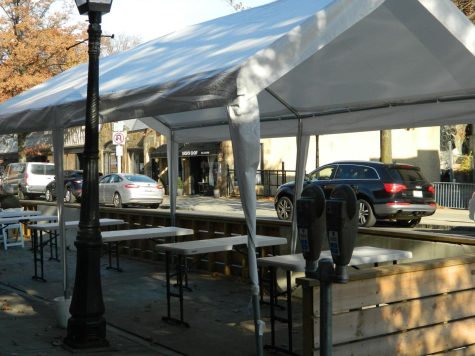
But Chianese said the removal of outdoor areas over the winter will impact restaurants as they compete with eateries in other towns. “We are one of the few towns that is completely shutting down outdoor eating,” she said. “I believe many people will go to other towns to eat out because of this. This doesn’t just impact our restaurants but all our businesses. There is a halo effect driving people into town.”
She described the concerns that her own and other families have: “We are seeing many break through cases and people are still very concerned to go inside. I have two little children, and we just had to quarantine for ten days from an exposure. Restaurants are going to lose significant revenue over the colder months.”
“During a time where businesses are suffering in general, it’s hard to fathom having to take on more financial burdens,” Chianese said.
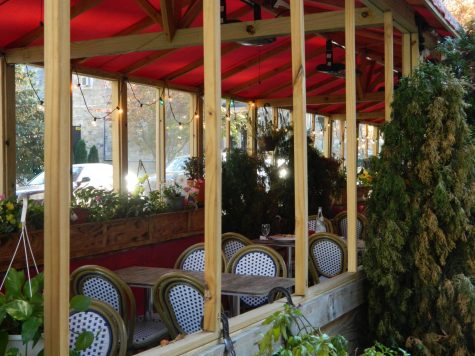
Village of Pelham Mayor Chance Mullen said closing the spaces for winter makes sense because “there are no longer any capacity restrictions for restaurants, many of the temporary structures that had been erected 18 months ago are now looking a bit run down, and most notably, outdoor seating is not as essential or attractive to downtown diners as it once was. Now that the weather is getting colder, diners are moving indoors, and outdoor dining areas are simply not being used as much.”
Mullen said the village needed to insure outdoor areas were prettier and to alleviate the concerns of neighboring non-restaurant business.
“If we’re going to have this as a seasonal feature, we need to make sure there’s more aesthetic consistency, better guidelines to protect the interests of other businesses and nearby residents, and we also want to make it more affordable for the restaurants,” the mayor said. “The village has not been charging restaurants any permit fees, but the barriers built into everyone’s structures are rented from a private vendor at $300 per barrier per month. That’s been a big burden, and we’re going to find a less expensive solution when we come back in the spring.”
“It isn’t April 2020 anymore,” Mullen said.
Amina Pucci is a senior at Pelham Memorial High School. She started her journalism career writing for the Pel Mel, the PMHS school newspaper. In addition...



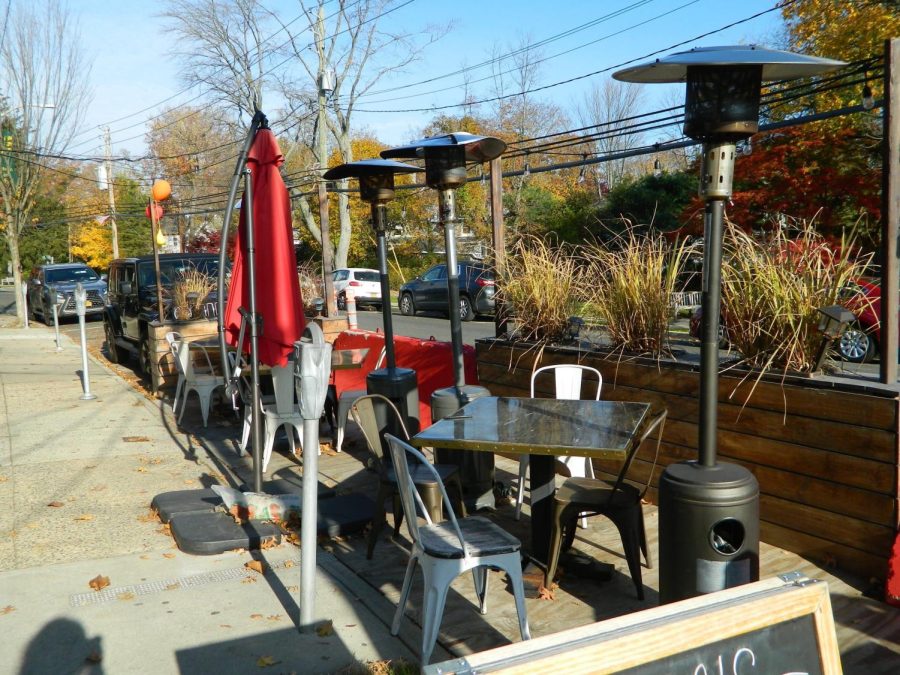
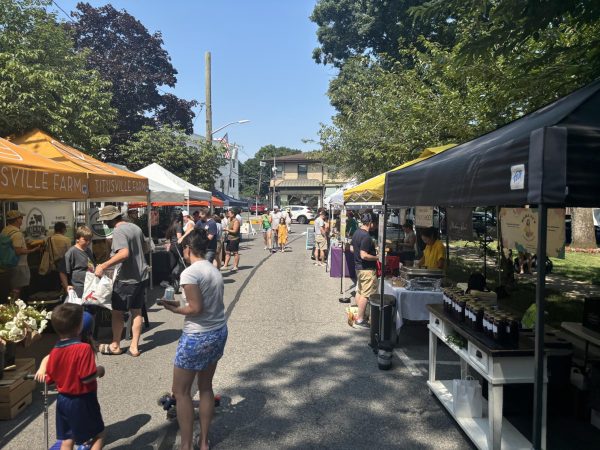
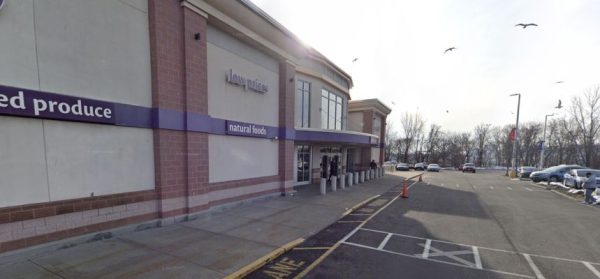

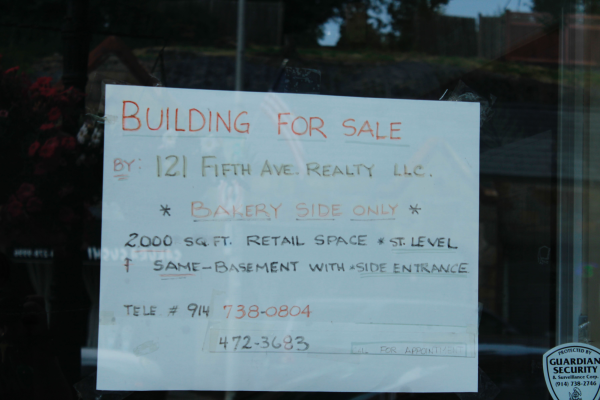
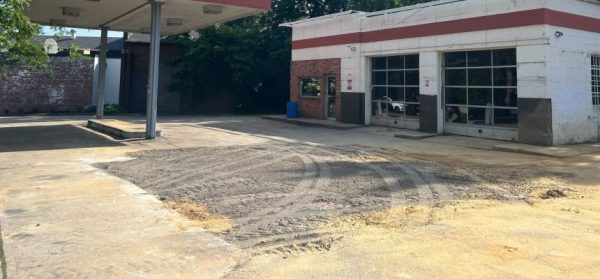
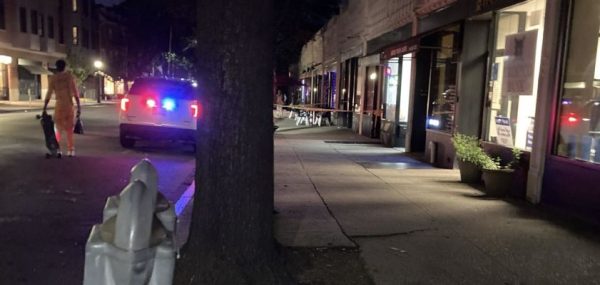

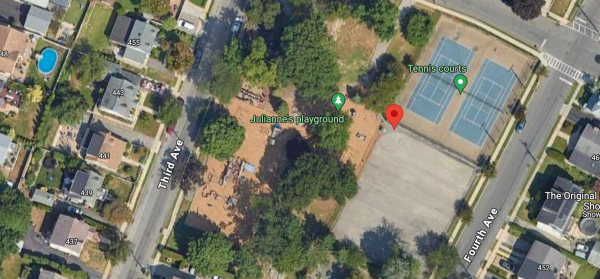
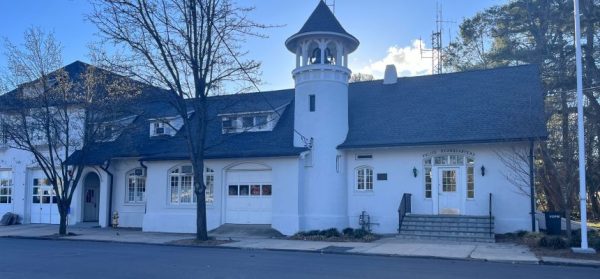


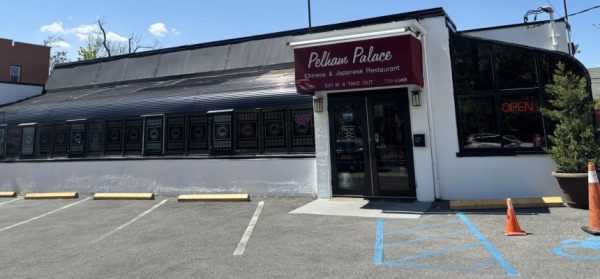


Bob Shepherd • Dec 1, 2021 at 10:01 am
Today, Wednesday December 1st showed just why there should NOT be outside dining on Pelham’s streets. A bendy bus (apparently swerving to miss a double parked vehicle on 5th Avenue) took out the remaining apparatus and mounted the concrete barriers that were the security and protection of outside diners at one of the many restaurants and cafes. I know from experience of observing on more than one occasion in places like Iraq and Afghanistan, these concrete barriers behaving like a hockey puck on ice as they slide down the smooth surface like a black top road for example, when struck by even a small car. They do NOT protect you when sat on the inside of them, they merely give you the feeling of protection. It was like a movie scene on 5th Avenue an hour or so ago. The bendy bus stopped trapped on top of at least two concrete barriers that it dragged along and into the middle of the road. Thankfully it wasn’t at a time of dining, or there would most definitely had been serious casualties. This was an accident just waiting to happen. I wouldn’t dine on the road with my family for that sole reason. If indeed in the future there is a go ahead to dining outside in the road, then Wolf’s Lane and 5th Avenue has definitely got to be closed to traffic. Every time I drive up either one of the roads I see at least one of the following: speeding, 180 turns, double parking with the four way flashers on, jumping the lights, pulling over without signaling in a timely manner, texting while driving…all of which is NOT conducive alongside outside dining. In fact I’m amazed that anyone would sign of on this at all. Lets just all learn from this appalling incident and thank ourselves lucky here in Pelham that not one person was seriously hurt or killed. No more “facades of security for profit!”
Shelly Boyle • Dec 1, 2021 at 2:40 pm
I agree that these structures are totally unsafe and that 5th Ave in Pelham is just not wide enough. We have been lucky that no one has been hurt while dining in the street.
RoseAnn Colkin • Nov 26, 2021 at 8:24 am
I’m extremely disappointed in the decision to end out door dining. Once again, Pelham can’t figure out a way to make something work that most other towns are thriving doing.
Jamie Parilla • Nov 24, 2021 at 8:33 am
The Town or Village or whichever body is taking this action should rescind it. Keep outdoor dining.
Chris Tahbaz • Nov 23, 2021 at 7:59 pm
In my opinion, it is a huge mistake to end outdoor dining in Pelham. Perhaps ironically, in my nearly two decades in Pelham, never has the downtown seemed more alive than during the pandemic – and that is all because of people frequenting the outdoor dining. Dropping temperatures will no doubt reduce the numbers of outdoor patrons, but there are still many of us who are not rushing to dine indoors. Indeed, although it isn’t April 2020 anymore, neither is the pandemic over – we all know of people who have had breakthrough infections. For many of us, if our choice is indoor dining in Pelham or outdoor dining elsewhere, we’ll go elsewhere – and that’s bad for local business. For the good of public health, Pelham’s business owners, and the community spirit of our town, I say let outdoor dining continue.
Jason Raleigh • Nov 23, 2021 at 7:38 pm
As someone who lives next door to one of these outdoor dining areas, I never would have moved in if I thought I’d be living next door to an outdoor restaurant instead of a parking lot. It’s loud and unfair.
Shelly Boyle • Dec 1, 2021 at 2:49 pm
I agree. Most people don’t think about the folks who live near one of these structures. It interferes with their right to enjoy their home due to excess noise etc. I am glad that they are taking them away due to the safety issues and also lack of parking places.
Judy Hom • Nov 23, 2021 at 1:18 pm
While there are no restrictions on indoor dining, I have no intention of dining indoors since I’m in contact w/ a 3 year old.
Fran Loughran • Nov 23, 2021 at 1:03 pm
My parents lived in Pelham for over 60 years and raised 8 children. I live out of town and in Pelham last weekend. I was so thrilled to see all the dining options. Pelham has never had a thriving area that makes it a destination for residents of the surrounding area. Not sure why.
People go to Larchmont and Bronxville for shopping and restaurants. I don’t know why Town does not want to help businesses stay in business.
Sounds like anti business.